©UNICEF/WHO.Attribution needed
Home > Country action > Uganda
Download the full profile with additional key demographics, progress against milestones, and more.
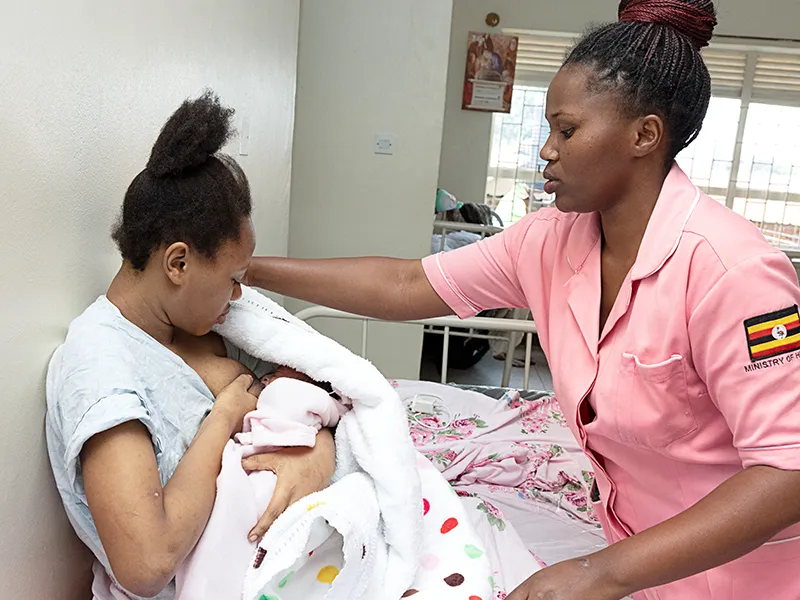
©UNICEF/Quarmyne.
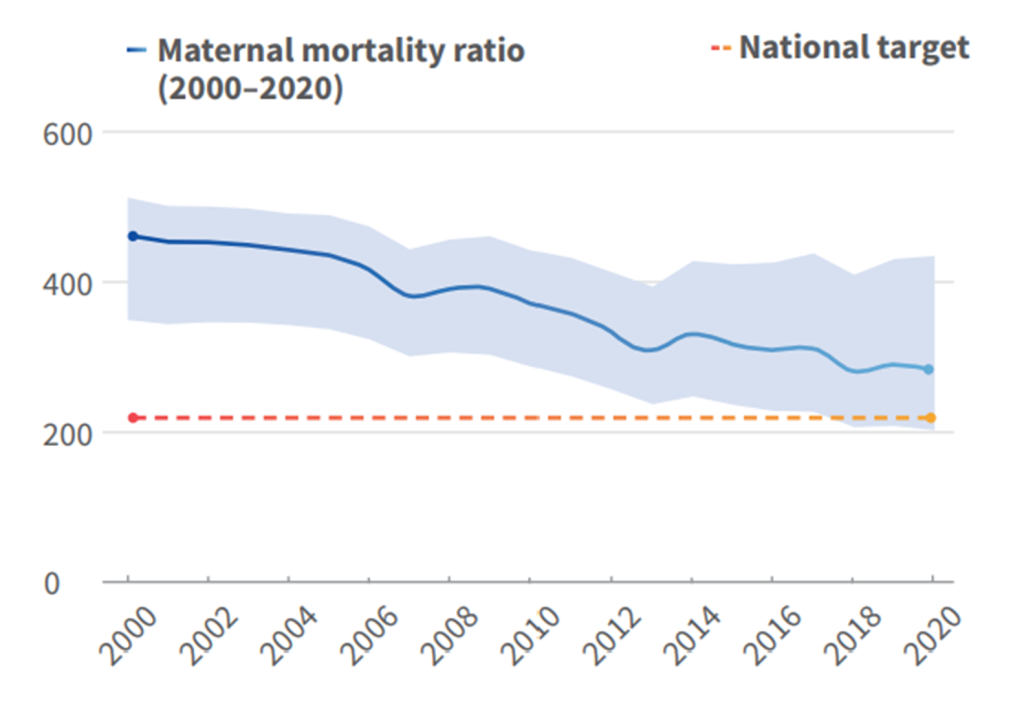
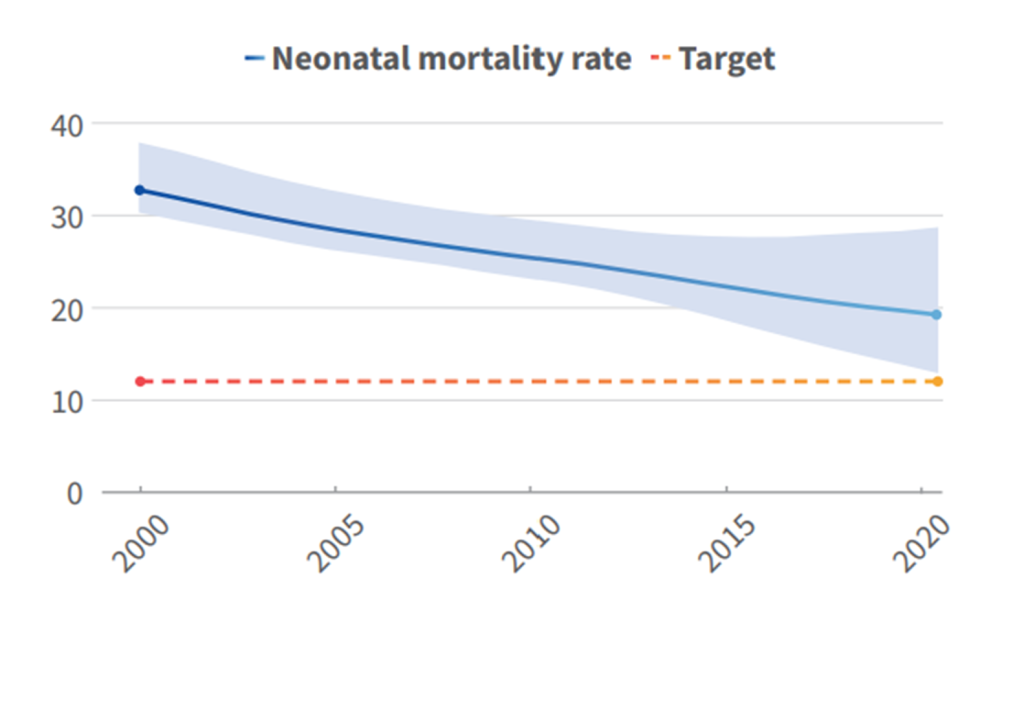
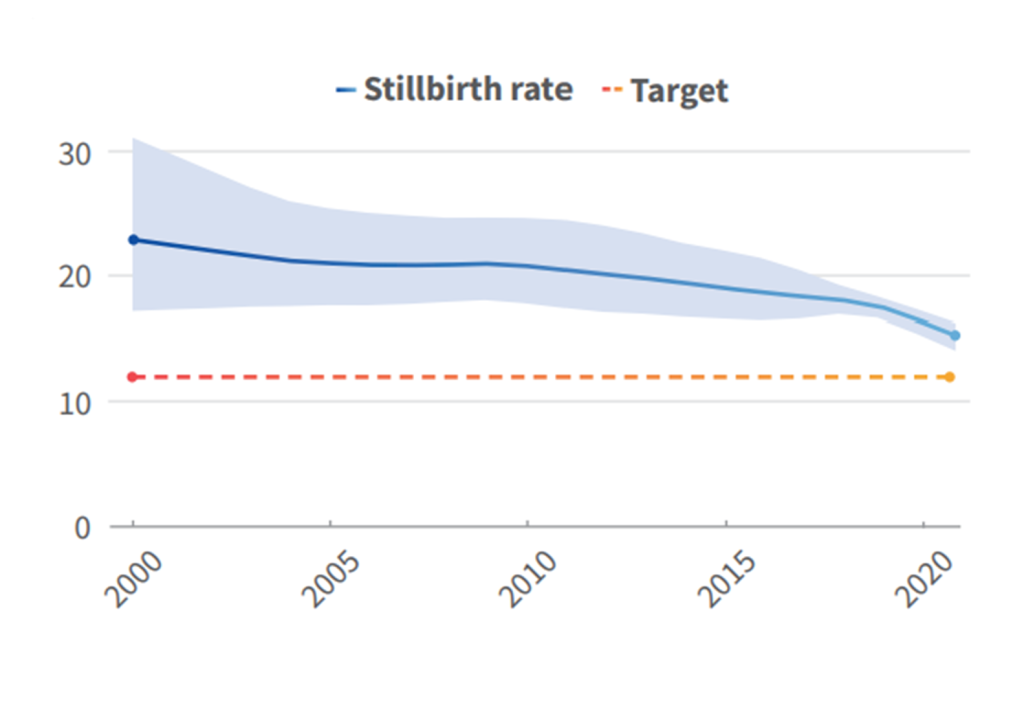
©UNICEF/WHO.
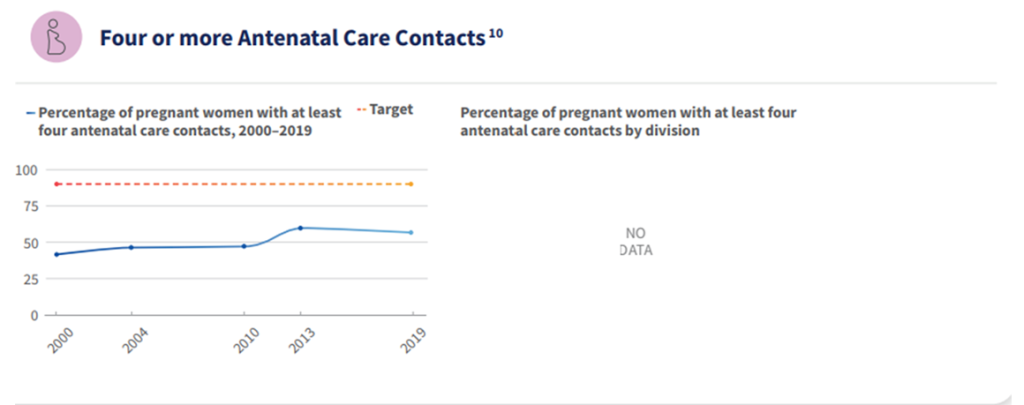
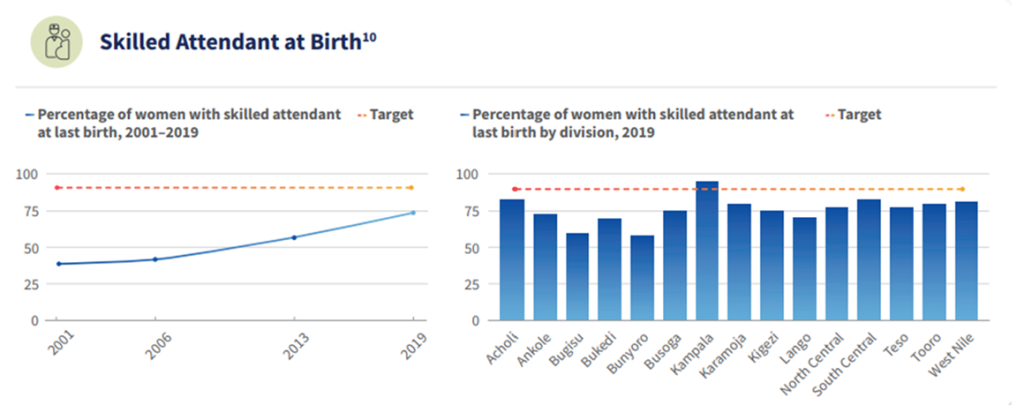
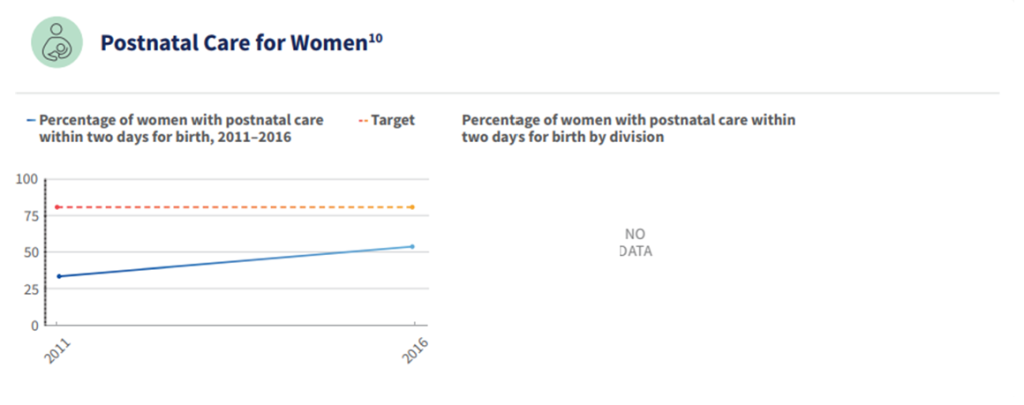
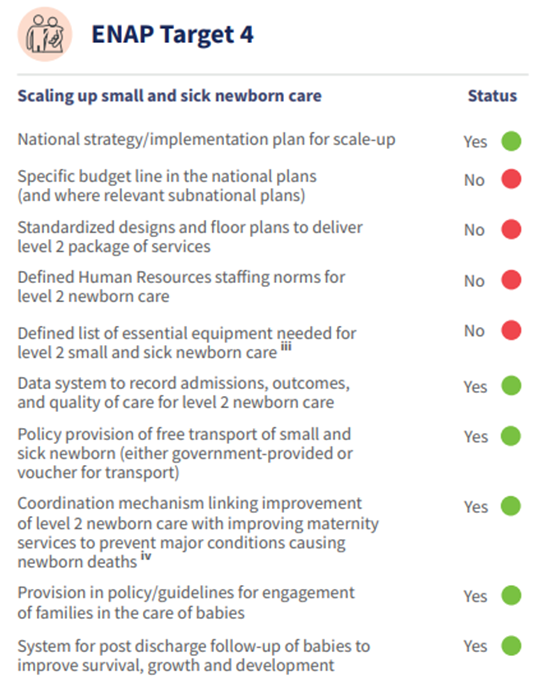
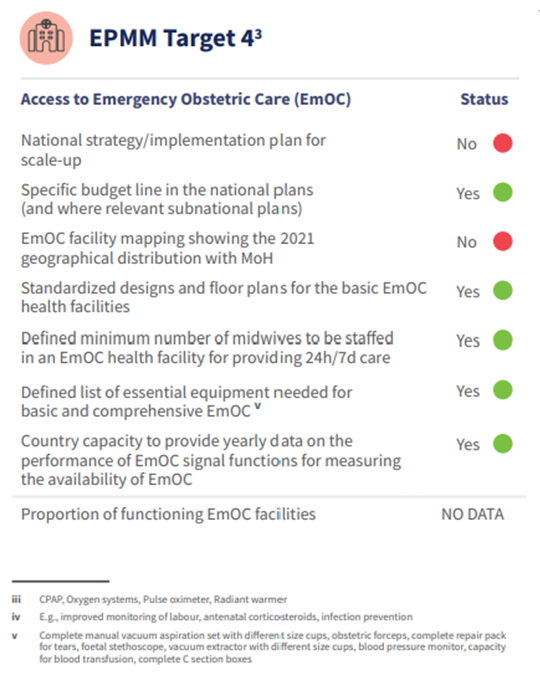
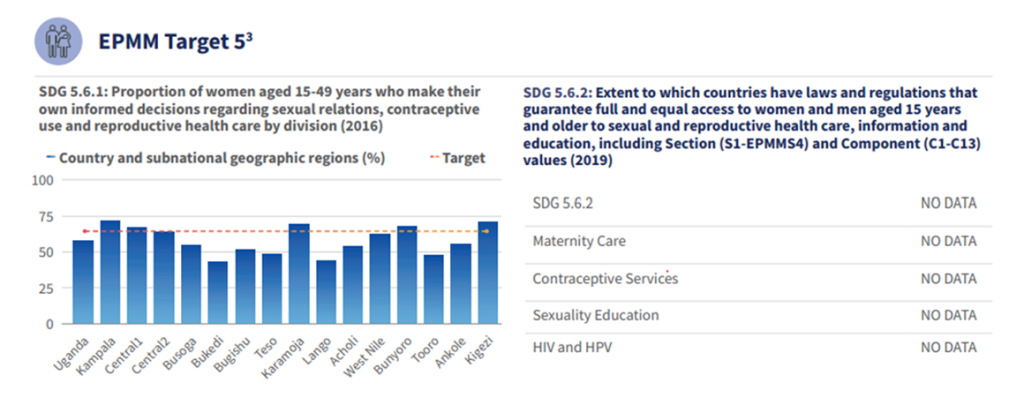
In 2024, the priorities in Uganda’s MNH Acceleration Plan include:
©UNICEF/Quarmyne. Redait Tsegay, beneficiary, going to a health center, Neqsege
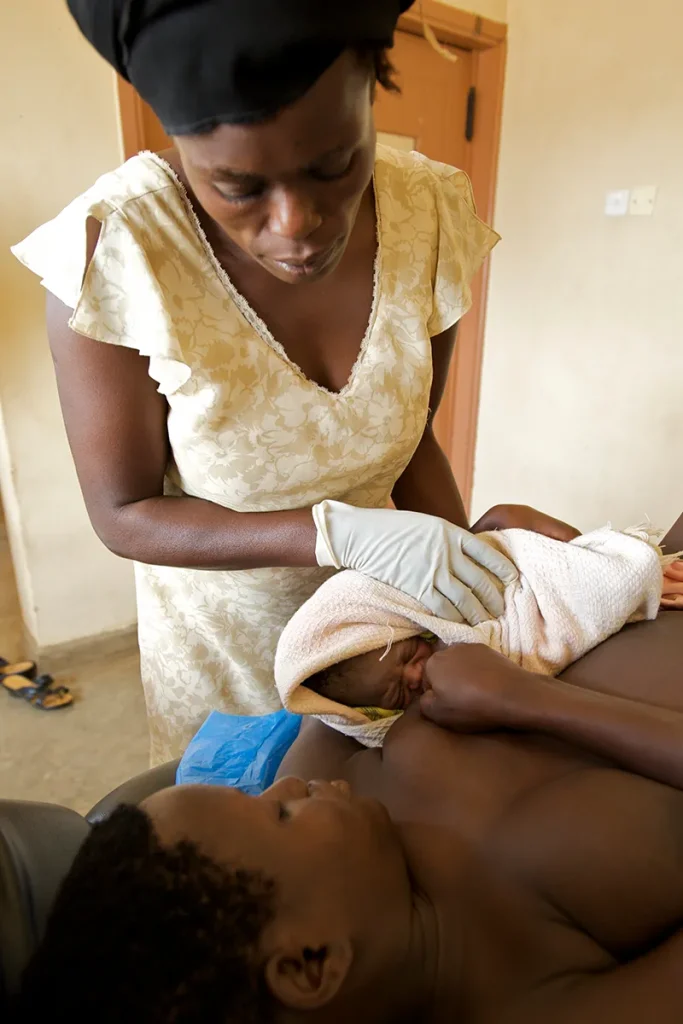
©UNICEF/Quarmyne. Attribution needed
Uganda is one of the 11 countries that set-up the Network for Improving Quality of Care for Maternal, Newborn and Child Health (Quality of Care Network). (link to quality of care network internal page). Ghana’s successes in improving quality of care for maternal, newborn and child health are essential to help reduce maternal and newborn mortality and stillbirths. These include:
Photo © 2020 WHO / Tatiana Almeida
Midwives during WHO Head of Sub-Office Dr Kai von Harbou visit to Hope Field Hospital
©EWENE 2024 | Privacy Policy | Website by Blick Creative
Photo © 2020 WHO / Tatiana Almeida
Midwives during WHO Head of Sub-Office Dr Kai von Harbou visit to Hope Field Hospital
© 2024 ENAP EPMM | Privacy Policy | Website by Blick Creative